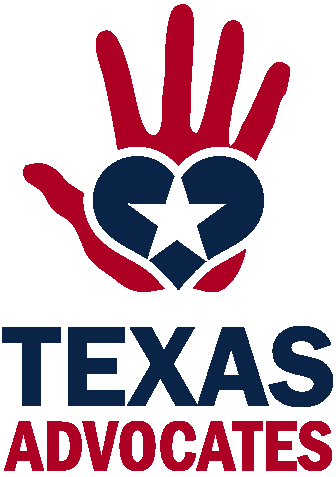Leadership Opportunity for LEAD Graduates
One of the goals of the LEAD Program is to prepare self-advocates and family leaders to serve on committees, boards, and advisory groups that help shape policy and systems in Texas.
The Texas Health and Human Services Commission (HHSC) is currently seeking applicants for the Intellectual and Developmental Disability System Redesign Advisory Committee. This is a meaningful opportunity for LEAD graduates and family leaders to use their training, experience, and voice to help improve services for people with intellectual and developmental disabilities across the state.
We strongly encourage qualified LEAD graduates and supporters to consider applying.
Intellectual and Developmental Disability System Redesign Advisory Committee
The Texas Health and Human Services Commission (HHSC) is accepting applications for membership on the Intellectual and Developmental Disability System Redesign Advisory Committee. This committee consults and collaborates with HHSC on the implementation of acute care services and long-term services and supports for people with intellectual and developmental disabilities.
Members are appointed by the HHSC Executive Commissioner for terms expiring December 31, 2029 (unless otherwise indicated).
Current Open Positions
- Person with an Intellectual and Developmental Disability (IDD) receiving ICF-IID services (exp. 12/31/2028)
- Family member of a person with IDD receiving state services
- Advocacy organizations serving people with IDD (exp. 12/31/2027, 12/31/2030)
- Advocates for people with IDD receiving waiver or ICF services
- Health care providers, including primary care, specialty care, and mental health professionals
- Community mental health and IDD center representatives (exp. 12/31/2030)
- Service coordinators and case managers (exp. 12/31/2027)
- Public and private ICF-IID providers (exp. 12/31/2028)
- Managed care organizations (exp. 12/31/2027, 12/31/2028)
Meeting Commitment
Members attend meetings approximately once every three months in Austin and may participate in subcommittees and projects. Some members may be reimbursed for travel according to HHSC policy.
How to Apply
Application Deadline: February 20, 2026
Email:
HHS_Appointments@hhs.texas.gov
Subject: IDDSRAC #0101
Mail:
Texas Health and Human Services Commission
P.O. Box 13247, Mail Code 0223
Austin, TX 78711
Attn: ACCO
Fax:
512-206-3984
Attn: IDDSRAC #0101
More Information
Website:
View Committee Information
Questions: IDD_SRAC@hhsc.state.tx.us
ADA Accommodations: HHS_Appointments@hhs.texas.gov


